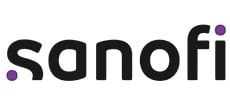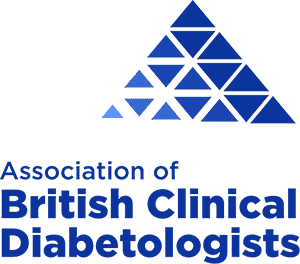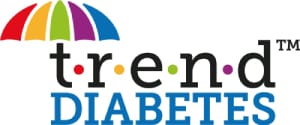Winner
Reducing amputations in the UK: unlocking the door
by Sheffield Teaching Hospitals NHS Foundation Trust
The key to reducing diabetes-related amputations is to ensure that an integrated footcare pathway is in place and there is access to a multidisciplinary foot team. Sheffield, in 2009, had all of this – yet it still had one of the highest amputation rates in the country. Root cause analysis of all amputations over a 12-month period identified that the sheer complexity of the pathway was often creating unnecessary barriers to the patient journey. A number of different initiatives, were implemented, such as a foot hotline, simplification of the foot pathway and improved training of primary care screeners. As a result, there has been almost a halving of the amputation rates in Sheffield, over a period when the national rate has remained static.
Judges comment:
“Judges like the mindset of the situation analysis and feel that the team have a genuine understanding of the patient journey & have put this at the centre of care. It is a good multi-disciplined team approach, dealing with a very complex situation and has strong results.”
Commended
Transforming diabetes foot care in Wakefield
by Mid Yorkshire Hospitals NHS Trust, NHS Wakefield Clinical Commissioning Group and Wakefield Council
The project was rolled out from June 2014 and diabetic foot services within Wakefield were redesigned to meet the challenge of reducing amputations and saving limbs. This included establishing a secondary care-based multi-disciplinary team (MDT) clinic Monday to Friday plus the creation of a community-based Diabetes Foot Protection Team (FPT) working across three community sites. The FPT sees all people who are medium risk and above, improving the management of the foot, providing patient education and information, advice and ensuring a prompt referral to the MDT as needed. The project identified that low risk patients could remain in primary care but the medium risk required referral into the FPT. This change in practice has resulted in earlier identification, earlier risk management and has expedited referral.
Judges comment:
“This is a great initiative and shows good, early outcomes in an area we know is getting worse. It is a really good start – crossing primary and secondary care in this complex area and to be able to co-ordinate all these services is commendable.”
Commended
Embracing technology to help promote self-care
by Surrey & Sussex Healthcare NHS Trust
Over the last three years, the paediatric diabetes team at Surrey and Sussex Healthcare NHS Trust (SaSH) has increasingly embraced using insulin pumps, continuous glucose monitoring (CGM), Diasend software, Carelink Professional software and electronic communication with patients. A diabetes-specific database was also created locally for collecting statistics and data submission to the national diabetes audit. The SaSH team now has 45% of patients on insulin pump therapy (well above national average) and 7 patients on CGM. The software is used for every patient to download their blood sugar profile during clinic visits, thus facilitating focused patient-centred consultations. The new approach has improved glycaemic control and increased patient engagement and confidence, ensuring that when patients leave paediatric services they are confident and self-reliant in managing their chronic condition.
Judges comment:
“This is a service working well and well-funded. It embraces technology to help promote self-care. Parents becoming experts on their childrens’ pumps is fantastic and worthy of recognition. Overall an excellent paediatric pump service and judges were enviable to see this!”
Finalist
Insulin Pump Patient Database linking clinical care to commissioning
by North East Essex Diabetes Service (NEEDS)
The database was created after NEE CCG handed over the service budget and commissioning of the insulin pump service to North East Essex Diabetes Service (NEEDS). Initially there were a variety of sources of information, each holding different types of data, making it difficult to gain a clear picture of which patients were funded, for what and when insulin pump renewals were due. At the same time, all of the insulin pump patients were being transferred across from the existing pump service and the team needed a way to track their clinical outcomes. The new database allows tracking of pump consumable ordering, pump warranty information, clinical outcomes, HbA1c, and so on, providing a ‘live’ picture for use in clinical audit and financial tracking.
Judges comment:
“There is a real need for this type of database in clinical practice. The team have tackled a local problem and fixed it, so they should be commended for their efforts.”














